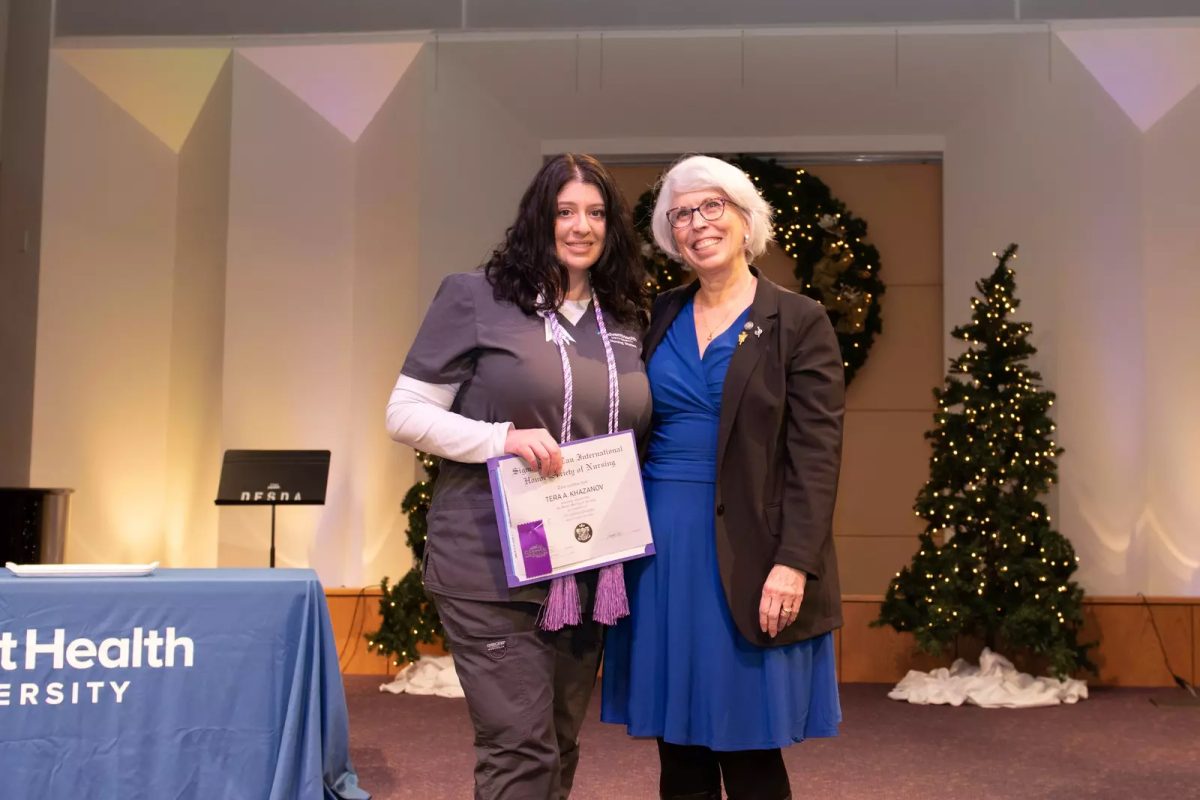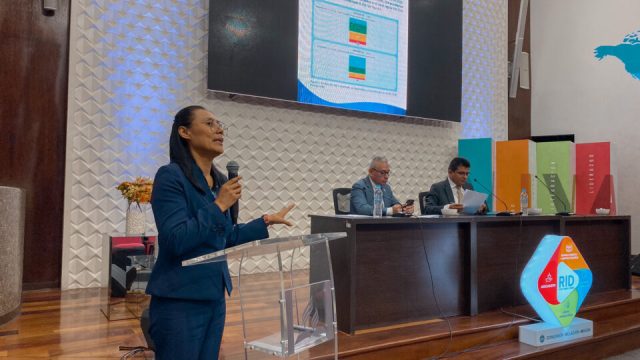Tera Khazanov shares how she learned to live and thrive despite her ADHD.

School never came easy for Tera Khazanov. Beginning in elementary school and continuing through college, she noticed she struggled to keep up with her peers.
“I was always spending more time on coursework than my classmates and needing additional help from teachers,” Khazanov said. “I failed many of my classes at different colleges.”
Khazanov always suspected she might have an impairment affecting her learning, but it wasn’t until her 20s that she was diagnosed with attention deficit hyperactivity disorder (ADHD).
“It was such a relief to have a name and diagnosis for my struggles,” she said. “My doctor said I had one of the most severe cases of ADHD, but I was able to receive medication and therapy, which have been a big help.”
Khazanov has been drawn to health care throughout her almost 20-year career journey. She said her first job as a medical assistant fueled her desire to become a nurse.
“I realized it was such an honor to be a part of someone’s health care journey,” Khazanov said.
Because of her challenges in school, Khazanov initially thought pursuing her dream career would be impossible, but she said she was determined to find ways to make her goal of becoming a nurse a reality. “For anyone who might be consistently struggling with something, it’s okay to ask for help. Don’t feel discouraged to express the type of disability you have.”
She eventually found a partner in AdventHealth University (AHU) Denver, where faculty members supported her goal of taking courses and earning her bachelor’s degree in nursing. Through her network, Khazanov had learned that AHU was a faith-based school focusing on smaller class sizes and providing resources for student success through a team of engaged professors.
Khazanov now serves as an operating room nurse resident at AdventHealth Porter, one of AdventHealth’s five hospitals in Colorado.
Khazanov appreciates her team for helping her thrive in her new role. She believes it’s essential for people with disabilities to proactively engage with their teams to receive the necessary support to learn and grow, a message that especially resonates during October, which is Disabilities Awareness Month.
“My leaders ask me, ‘How do you learn best?’ ‘What makes you most comfortable?’ I tell them I’d like to be as hands-on as possible, with them observing in the background and assisting when necessary,” she said. “For anyone who might be consistently struggling with something, it’s okay to ask for help. Don’t feel discouraged to express the type of disability you have. Speak to your care provider and find resources that can help you along your journey. If you need to learn something differently because you have a disability, please speak up.”
Khazanov shared another piece of advice for anyone who feels discouraged: “If you feel you are going down the same path as I did, I will say, ‘Just keep going.’ It’s never too late to chase the career you want; you just have to keep going.”
The original version of this story was posted on the AdventHealth news site.








